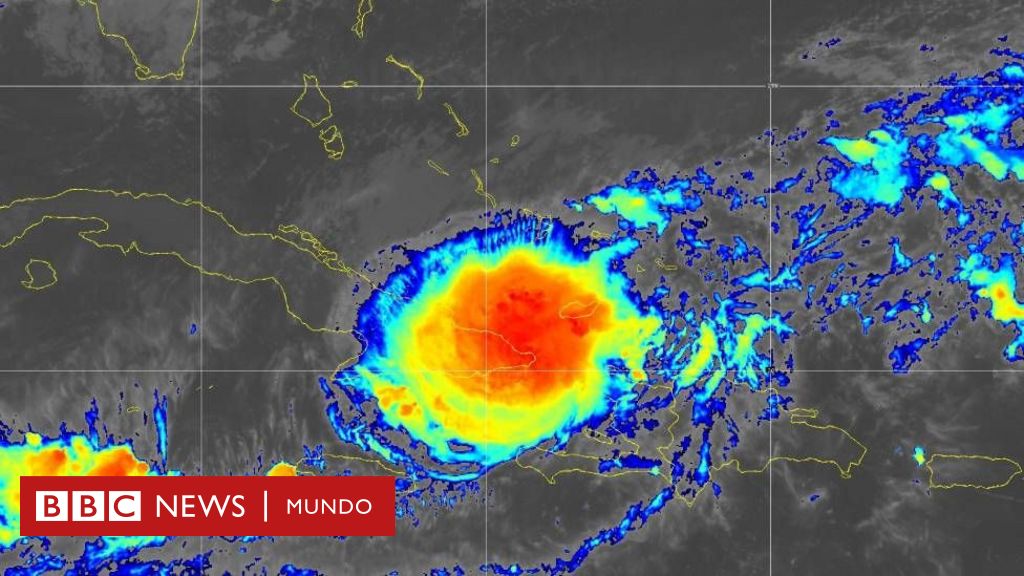How to avoid falling into the trap
Latin American cybercriminals steal digital identities through malware and empty the accounts of unsuspecting users. Two experts tell us what to do
Malware, malicious emails, fraudulent links, and fake screens. This is how it works Electronic bank robbery in Latin America, a criminal model with annual losses in the region of more than $90 billion, according to data Register Internet addresses for Latin America and the Caribbean.
Latin American groups They send malware via a bunch of spam emailsAt least 1 million emails per day. They know someone is going to click on it, it’s going to let them download a file and they’re going to take control of their computer,” he explains. Yahoo Finance Sybil Oliveiraand director of the Brazilian organization Casa Hacker and researcher at Tempest Security Intelligence.
INTERPOL maintains a public alert on the risks users face of becoming a victim of electronic fraud, mainly focused on companies. They confirm in one A note posted on its website– that criminals “use social engineering tactics to obtain information about companies’ payment systems and thus trick employees into making transfers to their bank accounts.”
Also read: LLC: How to open a company in the US from Latin America and without a visa?
The International Police Network says so It is necessary to be careful with requests or changes in the form of “urgent” payments.. Thus, they suggest that if an email is received requesting a change to the traditional payment mechanism, this information should be confirmed through a phone call.
Malware is software created with malicious intent. In the case of cybercriminal groups in Latin America, the goal – as Oliveira explains – is to install “fake screens” on computers, which Imitating the official websites of the bank or e-commerce: “When you think you’re entering your account number and password, malware steals that data.”
Theft is hard to track down. “They enter the bank with your data and make the transactions. There is no way to trace it. From the moment a transaction takes place in your name and account, that is lost. It just goes from one account to the next,” he explains to Yahoo Finance Carlos Adriano, Malware Analyst.
Brazil is the country in the region with the highest number of malware attacksAccording to one Published research Recently by Kaspersky, a company dedicated to computer security. The list is followed by Ecuador, Peru, Colombia, Chile, Panama, Guatemala, Paraguay and Mexico.
Also read: 5 things we use every day that will completely change in the next decade
In Mexico, for example, online banking fraud has increased by 30% in the past five yearsRemember the report of Carpentry. Of the nearly two million frauds recorded by the National Committee for the Protection and Defense of Users of Financial Services (Condusef) in 2021, a total of 70% were electronic frauds, while the other 30% were illegally carried out. at ATMs, and phone banking, among others).
what to do
Oliveira says the way malware operates in Latin America makes it more difficult to detect compared to European criminal models. Region groups work with code that uses variables with minor modificationsTherefore, the antivirus software on our computers quickly becomes obsolete.
Adriano suggests always checking that the website where we enter our data is a safe place, as well as paying to rent an antivirus that is updated periodically. Sometimes people trust when they receive a link via WhatsApp or SMS.
Also read: The attractive quality that Spain seeks in Latin America
“When you leave your house, you always have to check if you are going to turn off the gas or water tap. The same is true on the Internet. You have to check, check if you are in the right place,” warns Oliveira. If you are a victim of fraud, INTERPOL suggests that you immediately alert your bank to the fraudulent transaction. Also collect all documents related to the transaction, fake emails, and any fake invoices.
You may also be interested in | on video
Ransomware, the powerful cyberattack that made America on alert

“Bacon advocate. Certified creator. Twitteraholic. Tv junkie. Beer fanatic. Internet nerd. Passionate thinker. Reader.”








